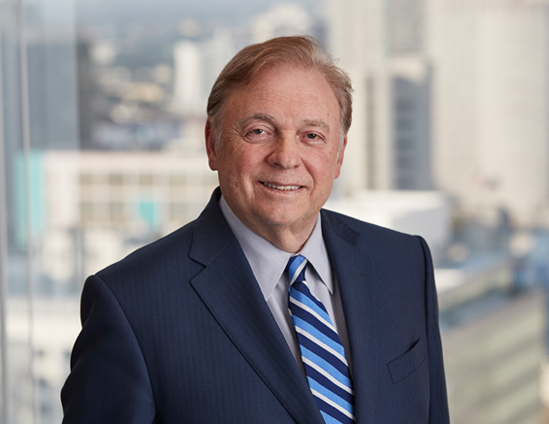They say you can't go home again or back in time. My trip to Cuba made me question both beliefs.
Landing at Jose Marti International Airport brought back a flood of memories from my last visit when I was almost 13 years old leaving the country. That morning in July 1961, our family business had been taken over by the government, and we had left for the airport with just the clothes on our back. Upon arrival at the airport, we went into the fishbowl. The fishbowl was an all-glass room where you sat before boarding your plane. Upon entering, any jewelry or currency was confiscated, and you were insulted.
Sitting on gray metal chairs, I remember our names being called to be separated from those who were leaving. We were then taken into the headquarters of Cuba's G2 intelligence agency at the airport, separated and questioned for 24 hours. We were then moved to the main G2 headquarters in downtown Havana. There we were met by Swiss Embassy personnel (because the U.S. embassy had already been evacuated) who arranged our being placed under house arrest for two weeks, which is when we were allowed to leave. This was my last painful remembrance of the airport.
Returning in May was both exciting and terrifying. What would I find? The customs and immigration process was well-managed and fairly quick in light of the volume of people, which surprised me.
I was with a group of lawyers who would meet with Cuban lawyers, but not ones designated by the government. We had numerous conferences to discuss the true state of legal affairs and rule of law in Cuba. In those conferences we were advised that because the government owns everything, the most you could be is a 49 percent co-partner in businesses. This made me wonder, if the government is the majority shareholder and you have no due process protection, who would take on the risk of being a minority shareholder?
I had the opportunity to have dinner with Jeffrey DeLaurentis, the U.S. chief of mission in Cuba, the highest level U.S. diplomat at that time. I had worked with him at the United Nations, and he had served in Cuba twice before and was one of America's finest ambassadors and diplomats. We had a lovely evening and discussed the future of Cuba-U.S. relations. As far as those relations go, I believe they will slowly evolve in light of the more than one-half century that has separated us both philosophically and politically. As it is often said, a long journey must begin with the first step.
Future Of Cuba
In between lectures we were able to visit Old Havana with its narrow streets and crumbling buildings and restaurants, which I still remember from my childhood, such as La Bodeguita del Medio, one of Hemingway's favorites.
Despite efforts at remodeling some public squares, it was still a city crumbling around you. Even one coat of paint for the entire city would have made a major difference. Significant poverty could be seen everywhere, which was a stark contrast to the 1950s convertible taxis that were charging $20 an hour while professionals are making just $60 per month.
The food had been allegedly greatly improved, but I would hate to have seen what it was like before. However, the new five-star Kempinski Hotel was being built across from our hotel, the Parque Central.
The most difficult visit was to our old family house in Havana, which had become a bank. We attempted to enter but were told there were sensitive items we could not see, even if we agreed to not take photographs. From the outside, I imagined each room and the events that took place there during my childhood. It really wasn't home, but it was something that resembled what once was my home.
What is the future for Cuba is a question everyone asks. We have an embassy once again in Cuba as do the Cubans in the U.S., but that is just the beginning of a long road to normalcy, which must be expected after a 54-year hiatus.
The answer to the question as to the future of Cuba on all issues asked was, "Es muy complicado" (very complicated), which it certainly is.
It is a strong desire of the Cuban government to promote business and tourism to receive hard currency now that other countries that previously supported them no longer do so. But that can only occur when a true justice system is established with due process protection for any investors. That may be achieved in various ways, including arbitration, if its principles are respected.
I cannot return to my old home as it once was, but it will always remain my home, and for now it remains a trip back in time.
